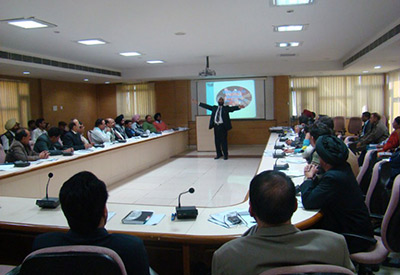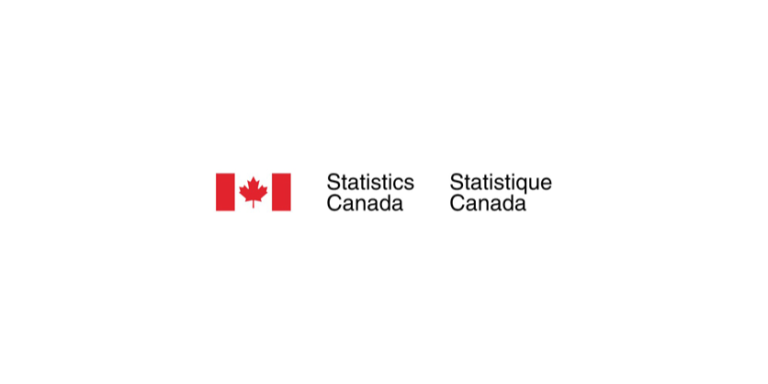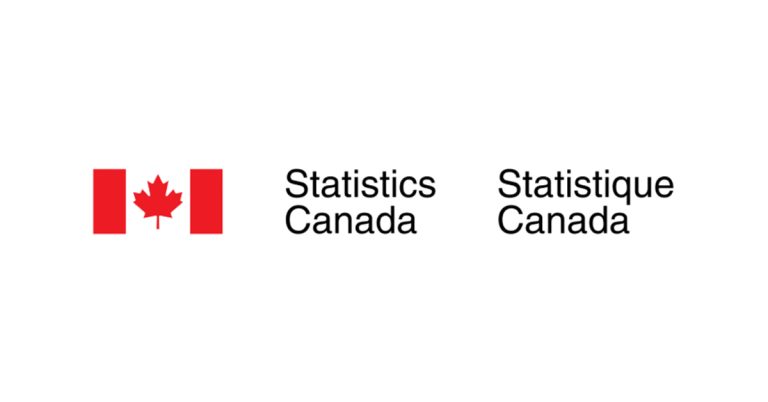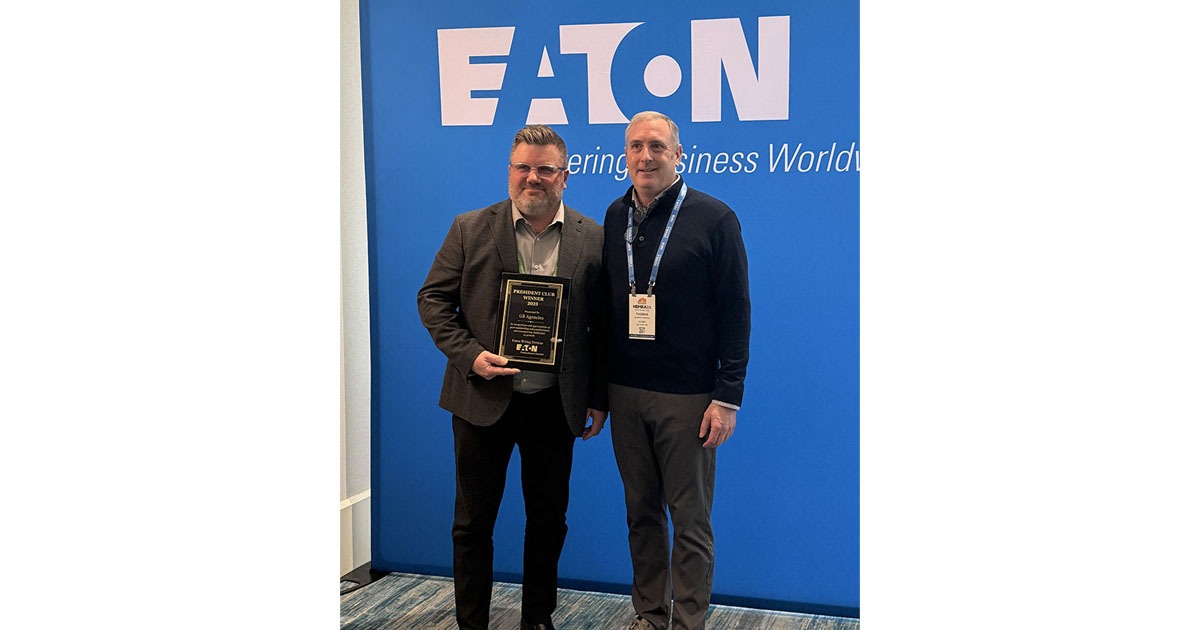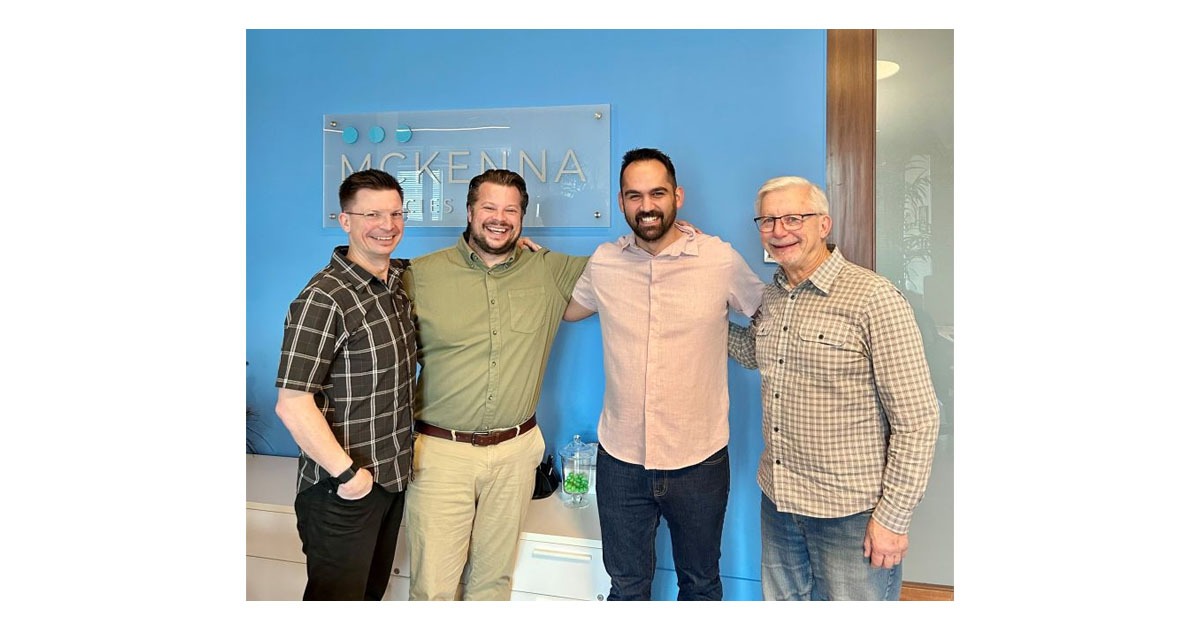Artificial Intelligence Is Slowly Creeping into Our Lives

Oct 16, 2018
By Rick McCarten
I recently had one of those “ah-ha” moments, when you discover that all along you have been doing something that you thought would never happen.
It happened listening to a CBC interview with author Yuval Noah Harari. He had a big hit with his first book, Sapiens. He was now being interviewed about his new book, 21 Lessons for the 21st Century.
In this book, he says that we will soon all prefer artificial intelligence (AI) over fellow human contact. People will go to AI because it will be a better source of information than our own intuition or advice from others. He gives the example of the popular Waze app, which determines the best driving route. People now prefer information from this app (and other similar apps) over their own sense of direction or even the radio traffic updates.
The constant use of mapping and directional software is making people less knowledgeable about their surroundings and more tied to the algorithms in our phones.
That was my ah-ha moment. I use Waze to get back and forth to work. It even tells me if I should be in the core or the collectors on Hwy. 401. Waze saves me time, each and every day. It gives me information about traffic congestion, accidents, police speed traps and construction zones, and it gives me an accurate ETA (estimated time of arrival). According to Harari, I am allowing AI to take over a part of my normal thinking function.
AI is slowly creeping into our lives. I never thought of this as AI, but that is exactly what Waze is: a bot in the cloud learning my behaviour and collecting surrounding data to assist me with my goal. It has learned my favourite locations, and even changes my route if it finds a better alternative. And I have learned to follow along, letting my own collective knowledge of travelling seed to the all-powerful AI. Harari’s point is that this is how artificial intelligence, the machine, will start to creep into our lives. Today it tells us how to get to work, tomorrow it will give us personal legal advice, do our taxes, design our living room, order our food supply, determine the best school for your kids, and even become our own personal psychiatrist.
Without realizing it, our smartphone that connects us to the Internet and AI, is slowly becoming our best friend.
And it is not just you. To quote futurist Leonard Brody, within the next five years all music on the pop-radio stations will be written and preformed by AI. The songs will have better lyrics, melody and musicianship. Furthermore, he predicts that within 10 years, we will no longer be the most intelligent creatures on this earth. We will be surpassed by the bots in our phones and computers.
Scary stuff, and it all starts with data. What makes AI so powerful is its ability to absorb and analyze millions of bits of data. Far more faster and more thorough than we can ever hope to do.
At a recent seminar on cities and their data use, Kurtis McBride, CEO of Miovision, said data have been nothing but the waste product of IT for years. Collected and abandoned. Today, as we build AI and harness data, they are becoming the source of powerful information that changes our lives.
McBride claims that we all must start thinking of data in the same way we think of oil. For thousands of years in the stone and bronze ages, oil lay under the ground and had no value; it was not being used. Oil was the waste product of millions of years of vegetation. For oil to be of value, we had to invent the right technology to harness it. Today, oil is the most valued commodity because of the technology that harnesses it. Data, according to McBride, are the oil of the 21st century.
Data can be found everywhere. As the combustion engine transformed oil into power, AI will transform data into knowledge and power.
We all have sources of data: customers order patterns, product sales growth and decline, sales history, geographic patterns of customers, pricing behaviours, productivity, margins, etc. All this data must be gathered and collected in much the same way that 21st century oil turned into power. Think about how AI is entering your own personal life. Think about how much more successful your company could be if you were able to use AI for more business decisions. Think about the success of your company if you were to offer an AI solution to your customers.
Those wishing to progress in the 21st century will have to accept our dependence on AI and will need to begin harnessing this 21st century power to their advantage.
Rick McCarten is VP, Operations, Electro-Federation Canada.



